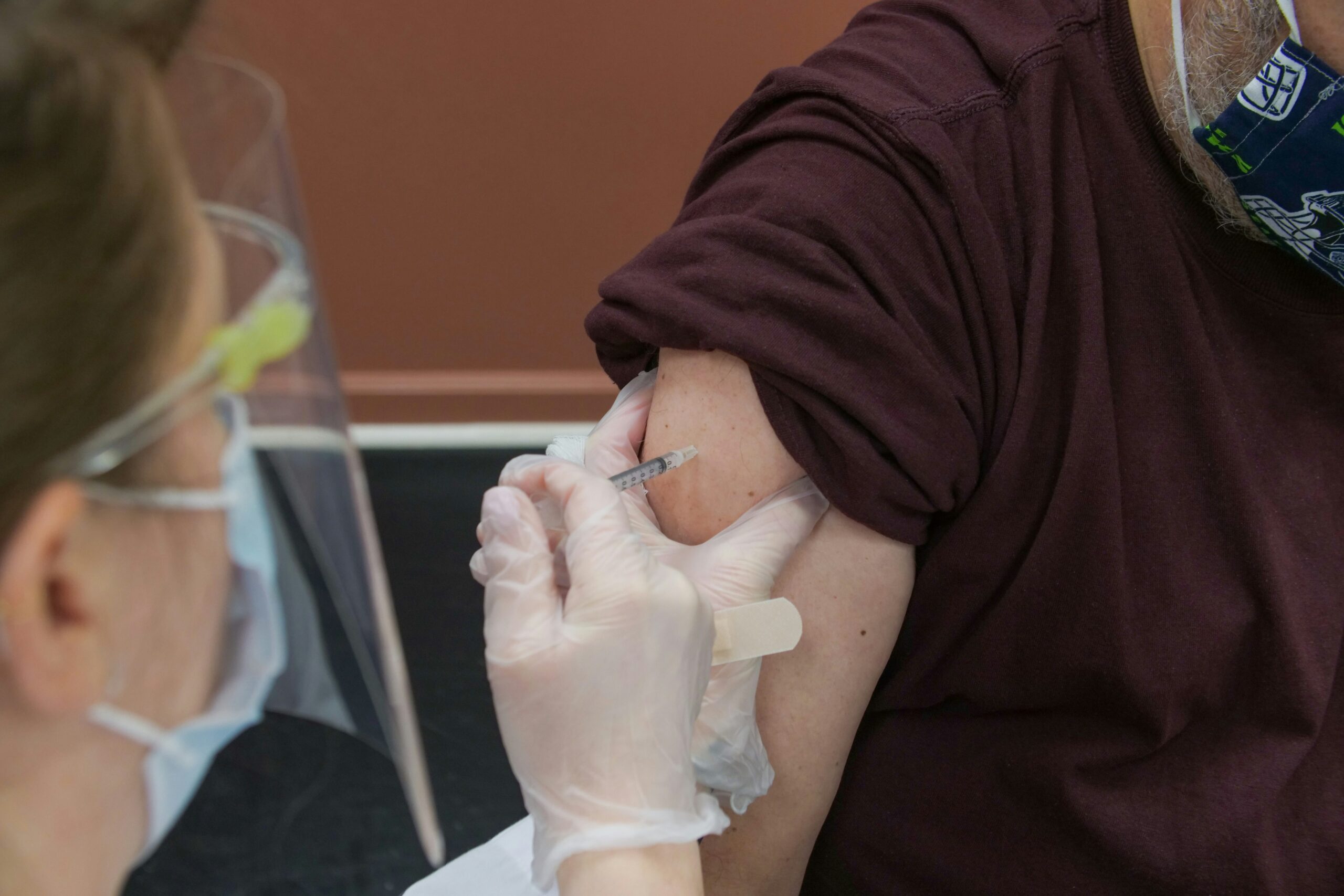In fact, our health and safety checklist will help protect against other viruses too.
By Lantie Jorandby, MD, Chief Medical Officer, Lakeview Health
Now that we’re a year-plus into the pandemic, your addiction treatment center or health clinic likely has a Covid-19 safety plan in place. And hopefully that plan is keeping your patients and staff healthy.
But if you’re like me, you still lose sleep wondering if you and your colleagues have missed something. Or that there’s more your workplace could be doing to keep everyone safe.
Based on our success at Lakeview Health and drawing from industry-wide best practices, below is a nine-point checklist for Covid-proofing your clinic and getting more sleep.
And here’s the thing: Covid-19 is not the last virus pandemic we’re likely to face. Experts say that Covid-like viruses are increasing in frequency. So consider this checklist simply a blueprint for keeping your clinic safe going forward. Much of this advice would apply to viruses of all types.
A 9-point checklist to help safety-proof your clinic
1. Develop a quarantine area for incoming patients. Ideally this would be a separate building or wing of a building. But if your setup is not conducive to that level of separation, simply carve out rooms as best you can where residents can stay quarantined.
As for length of quarantine, that depends. If you have accurate testing (more on this below) with a quick turnaround for results, patients may be able to leave quarantine in as little as 24 hours. If your testing protocol is slower, or offsite, or you’re not able to use the most accurate method, you may need to keep patients closely observed in quarantine for four days or more.
2. Allow outside test results for new patients—with certain qualifications. Many addiction treatment centers don’t have the resources to do onsite Covid testing like we do at Lakeview Health. If that’s the case where you work, just make certain that your incoming patients:
- Have been tested within the previous seven days.
- Received an immuno-assay or swab test, which is the gold standard for Covid. (Note: Antibody tests are less accurate, so be very wary of those.)
- Bring proof in the form of an original test result signed by a medical professional.
3. Control the entry point(s). Covid can’t afflict your center if it doesn’t get in the door. For smaller operations, this may mean having to be more selective than usual about who you admit. Regardless of size, be sure you are obsessively diligent about your entry protocols for staff and patients in terms of daily temperature checks, limited entry by vendors and other visitors, and so on.
4. Screen patients and staff daily. Swab tests, temperature checks, vital sign readings, checks for cold or flu symptoms—all these may need to be done and logged preferably first thing each day. That includes patients as well as employees arriving for work.
5. Establish an infection-response taskforce. Even if your treatment center is small, and your taskforce consists of one person, this is a key role. This team can be tasked with monitoring and tracking the virus on a city, state, and national basis. They can then help create guidelines and procedures that address those trends, and keep staff and patients informed of the latest developments. The team can also help coordinate all Covid safety protocols in place within the center.
6. Consider telehealth options for your outpatient therapy. Many treatment centers pivoted early in the pandemic to doing more outpatient therapy through telehealth, because we knew patients needed that option. The government relaxed its regulations on it, which further incentivized us to build up our efforts. But you know what? Covid merely confirmed what we already knew about the efficacy of telehealth therapy: It is especially useful when patients step down from residential treatment and return to their home town or state—and prefer continuity of care over finding a new place.
7. Implement a cohort system for patients and staff. This means keeping people grouped within clusters as much as possible every day. Cohorts help ensure that if there is a flare-up, it can be contained.
8. Have a plan in case someone gets the virus. Knock on wood this won’t happen at your clinic or addiction treatment center, but you need to be ready if it does. (I would even say to expect that it will happen, so you’re totally prepared.) Here are immediate steps to take after learning of a positive test:
- Get the person into quarantine right away.
- Start contact tracing immediately.
Depending on the results of contact tracing, it may be necessary to shut down your center for 14 days or more, which has been the industry standard during Covid.
9. Emphasize the openness when people feel symptomatic or test positive. Employees in the addiction treatment field tend to be passionate about the work they do. The drawback of this is that many take on a “warrior” mentality. This means they to want to come to work no matter what, even if they feel under the weather. These days especially, that could be deadly if they’re carrying the Covid virus. Therefore, make it clear to all staff that if you’re not feeling well, don’t come in and let a manager know right away.
It is important to remain resilient and adaptable during these challenging times. And as mentioned earlier, we will be challenged by viruses in the future, so try to adopt a vigilant mindset. (No need to drive yourself nuts about, just be careful!)
Strive to be creative in how you meet this unseen adversary. There is excellent guidance from the CDC and state departments of health for a lot of what we’re facing, but sometimes, those of us who work at addiction treatment centers and other health clinics have to figure things out on our own.
Final point: Stay vigilant about Covid. The day you let down your guard is a day you may regret. Eventually, we are going to beat it, but, we’re not there yet.
Addiction Treatment at Lakeview Health
If you or a loved one is struggling with a substance use disorder, contact Lakeview Health today at [Direct]. Our team is ready to help with the admissions process and begin addiction treatment.




